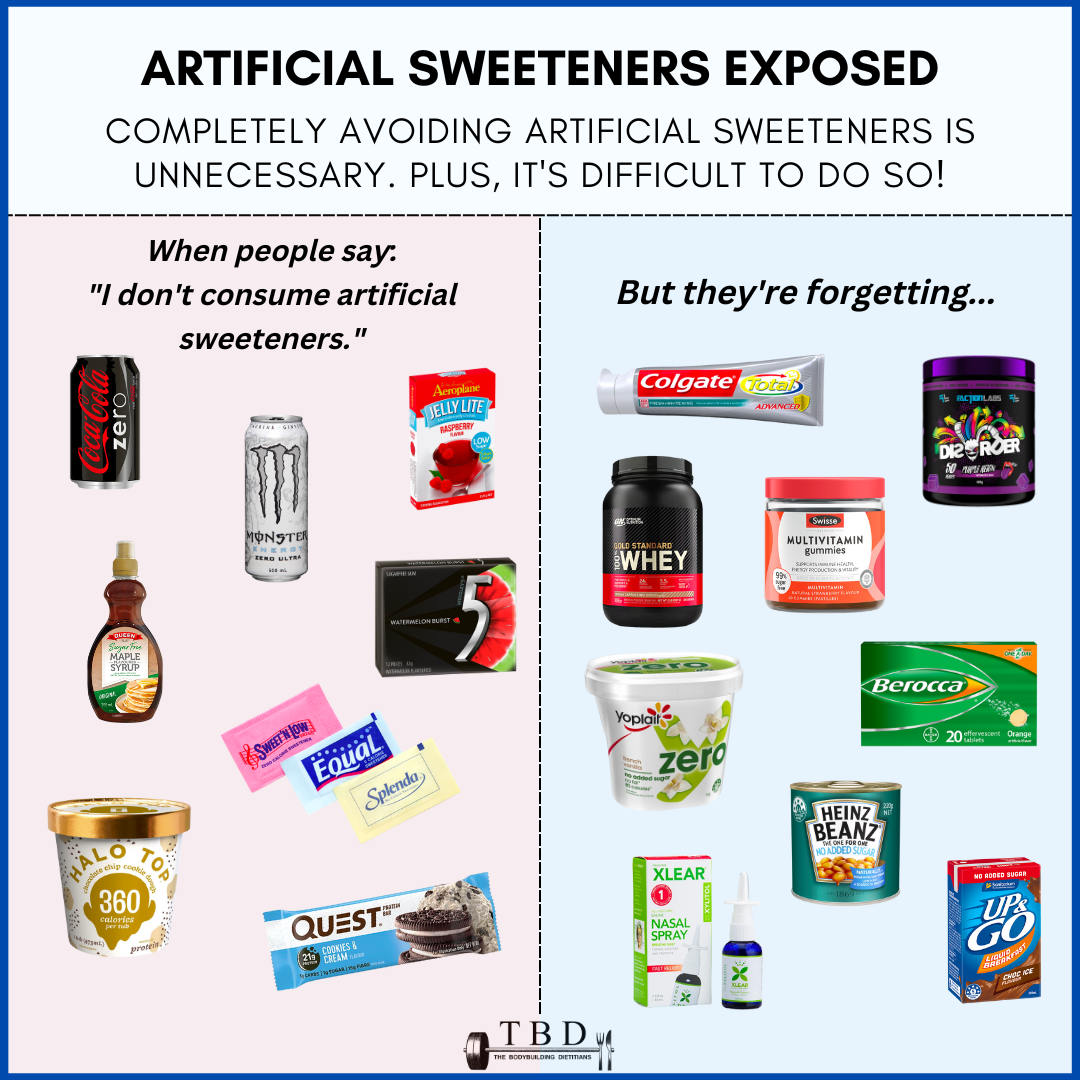Mechanisms of Action

The potential link between artificial sweeteners and blood clots is a complex and evolving area of research. While there is no definitive evidence to suggest a direct causal relationship, understanding the biological processes involved in blood clotting and the potential mechanisms by which artificial sweeteners might interfere with these processes is crucial.
Blood Clotting: A Complex Biological Process
Blood clotting, also known as hemostasis, is a vital physiological process that prevents excessive bleeding. It involves a cascade of events that ultimately leads to the formation of a fibrin clot, a mesh-like structure that traps blood cells and platelets, sealing the damaged blood vessel.
- Platelets: These small, cell-like fragments play a critical role in the initial stages of clotting. Upon encountering a damaged blood vessel, platelets adhere to the exposed collagen and release factors that activate other clotting components.
- Coagulation Factors: A series of proteins, known as coagulation factors, are involved in a complex cascade of enzymatic reactions that ultimately lead to the formation of fibrin. Each factor activates the next in the chain, amplifying the clotting process.
- Fibrin Formation: The final stage of clotting involves the conversion of fibrinogen, a soluble protein in the blood, into fibrin, an insoluble protein that forms the mesh-like structure of the clot. This conversion is catalyzed by thrombin, an enzyme activated by the coagulation factor cascade.
Potential Mechanisms of Action: Artificial Sweeteners and Blood Clotting
While the exact mechanisms by which artificial sweeteners might interfere with blood clotting are not fully understood, several potential pathways have been proposed.
- Alteration of Gut Microbiota: Artificial sweeteners have been shown to alter the composition and function of the gut microbiota. This disruption might influence the production of certain metabolites, including short-chain fatty acids (SCFAs), which have been linked to blood clotting.
- Inflammation and Oxidative Stress: Some studies suggest that artificial sweeteners might induce inflammation and oxidative stress, which can contribute to blood clot formation. These effects might be mediated by the activation of immune cells or the generation of reactive oxygen species (ROS).
- Direct Interaction with Platelets: There is some evidence that certain artificial sweeteners might directly interact with platelets, potentially altering their function and contributing to increased clot formation. However, further research is needed to confirm this mechanism.
Evidence Supporting Proposed Mechanisms, Artificial sweeteners blood clots
Several studies have investigated the potential link between artificial sweeteners and blood clotting, providing some evidence to support the proposed mechanisms.
- Gut Microbiota Alteration: A study published in the journal “Nature” in 2017 found that aspartame consumption in mice altered the composition of the gut microbiota, leading to increased platelet activation and blood clot formation. This study suggests that artificial sweeteners might indirectly influence blood clotting by altering the gut microbiome.
- Inflammation and Oxidative Stress: A study published in the “Journal of Agricultural and Food Chemistry” in 2019 found that sucralose consumption in rats induced inflammation and oxidative stress in the liver, potentially increasing the risk of blood clot formation. This study highlights the potential role of inflammation and oxidative stress in the association between artificial sweeteners and blood clotting.
- Direct Interaction with Platelets: A study published in the “Journal of Thrombosis and Haemostasis” in 2018 found that saccharin, a non-nutritive sweetener, directly interacted with platelets, leading to increased platelet aggregation and clot formation. This study suggests that some artificial sweeteners might directly influence platelet function, potentially contributing to blood clotting.
Comparison of Mechanisms Across Artificial Sweeteners
The potential mechanisms of action for different types of artificial sweeteners might vary. For example, aspartame has been linked to gut microbiota alteration, while sucralose has been associated with inflammation and oxidative stress. However, further research is needed to fully understand the specific mechanisms of action for each artificial sweetener and their potential impact on blood clotting.
Public Health Implications and Recommendations: Artificial Sweeteners Blood Clots

The potential link between artificial sweeteners and blood clots raises significant public health concerns, particularly given the widespread use of these sugar substitutes. Understanding the potential risks and promoting informed choices are crucial for safeguarding cardiovascular health.
Public Health Implications
The potential association between artificial sweeteners and blood clots has significant public health implications. Artificial sweeteners are widely consumed, often as a means to reduce sugar intake and manage weight. However, the potential impact on cardiovascular health, including the risk of blood clots, necessitates careful consideration.
While research on this link is ongoing, the potential for increased blood clot risk, even if small, could have far-reaching consequences, particularly for individuals with pre-existing cardiovascular conditions or those at higher risk for blood clots.
Recommendations for Individuals Consuming Artificial Sweeteners
Given the potential risks associated with artificial sweeteners, it is essential to adopt a cautious approach to their consumption. Here are some recommendations:
- Moderation is key: Limiting artificial sweetener intake is crucial. While the exact safe limits are still being investigated, minimizing consumption is a prudent approach.
- Balanced Diet: Prioritize a balanced diet rich in fruits, vegetables, and whole grains. These provide essential nutrients and support overall health, including cardiovascular well-being.
- Regular Exercise: Engage in regular physical activity, as it plays a vital role in maintaining cardiovascular health.
Practical Tips for Reducing Artificial Sweetener Intake
There are various strategies to reduce artificial sweetener consumption and promote healthier choices:
- Alternative Sweeteners: Explore natural sweeteners like stevia, monk fruit, and erythritol, which have lower potential risks compared to artificial sweeteners.
- Natural Sugar Sources: Incorporate natural sugar sources like fruits, honey, and maple syrup in moderation.
- Healthy Dietary Choices: Focus on whole, unprocessed foods and limit processed foods, which often contain high amounts of added sugars and artificial sweeteners.
Need for Further Research
The potential link between artificial sweeteners and blood clots highlights the need for further research. Comprehensive studies are required to clarify the potential risks and benefits of artificial sweetener consumption, particularly in relation to blood clotting disorders.
This research should investigate various aspects, including:
- The specific types of artificial sweeteners and their potential effects on blood clotting.
- The long-term effects of artificial sweetener consumption on cardiovascular health.
- The impact of different levels of artificial sweetener intake on blood clot risk.
Further research is essential to inform public health recommendations and ensure the safety of artificial sweeteners for consumers.
Artificial sweeteners blood clots – The link between artificial sweeteners and blood clots is a serious concern, and while the evidence is still being gathered, it’s crucial to be aware of the potential risks. It’s refreshing to see the Olympics embrace a new era of athleticism, as seen in the sport climbing combined Olympics video.
However, this focus on athletic achievement should not overshadow the need for further research on the potential health consequences of artificial sweeteners, especially in light of their potential link to blood clots.
The link between artificial sweeteners and blood clots is a serious concern, and while research is ongoing, it’s crucial to be informed about potential health risks. If you’re looking for a delicious and satisfying meal that doesn’t involve artificial sweeteners, exploring the vibrant flavors of indian food near me is a great option.
Remember, making informed choices about your diet is essential for overall health, and that includes being mindful of the potential impact of artificial sweeteners.